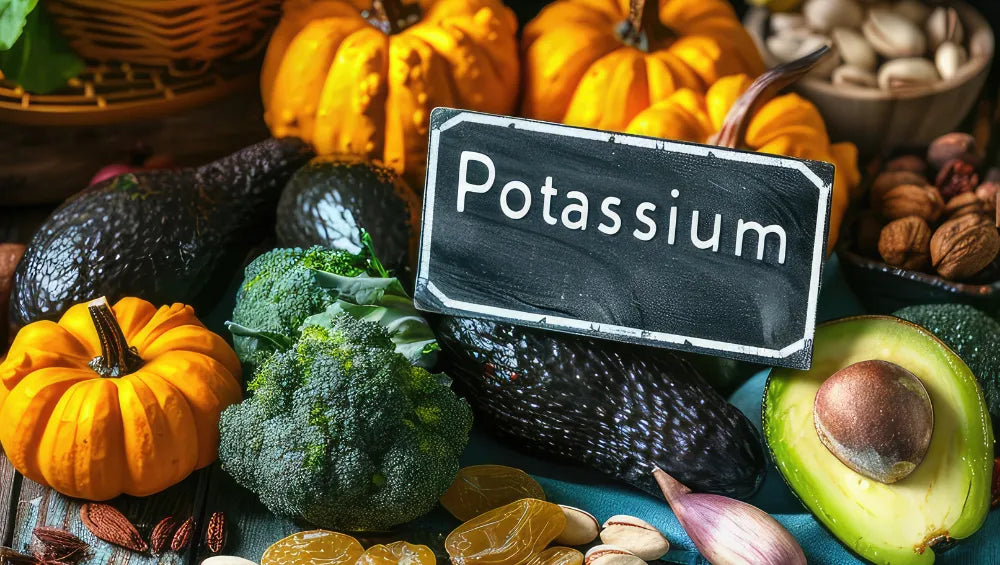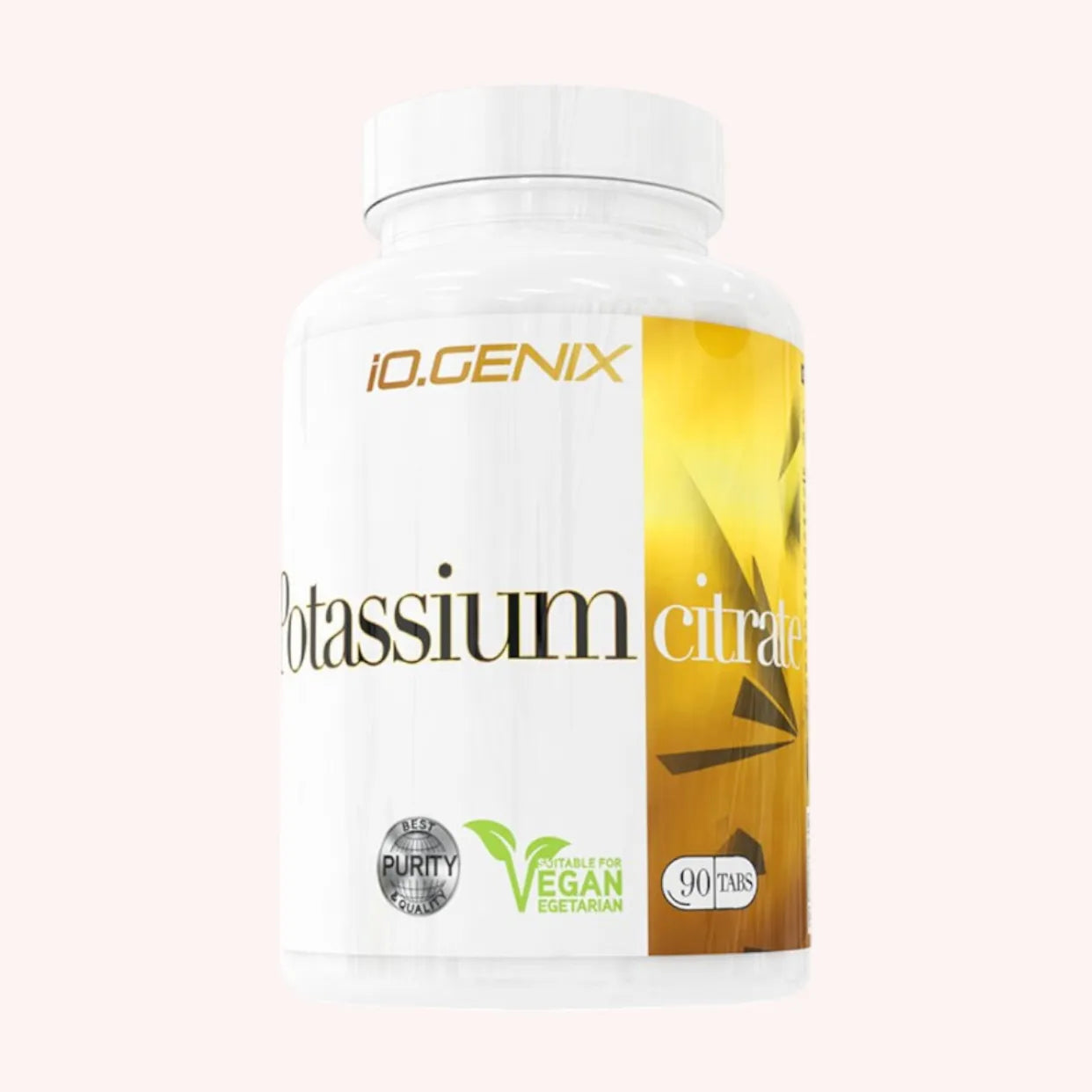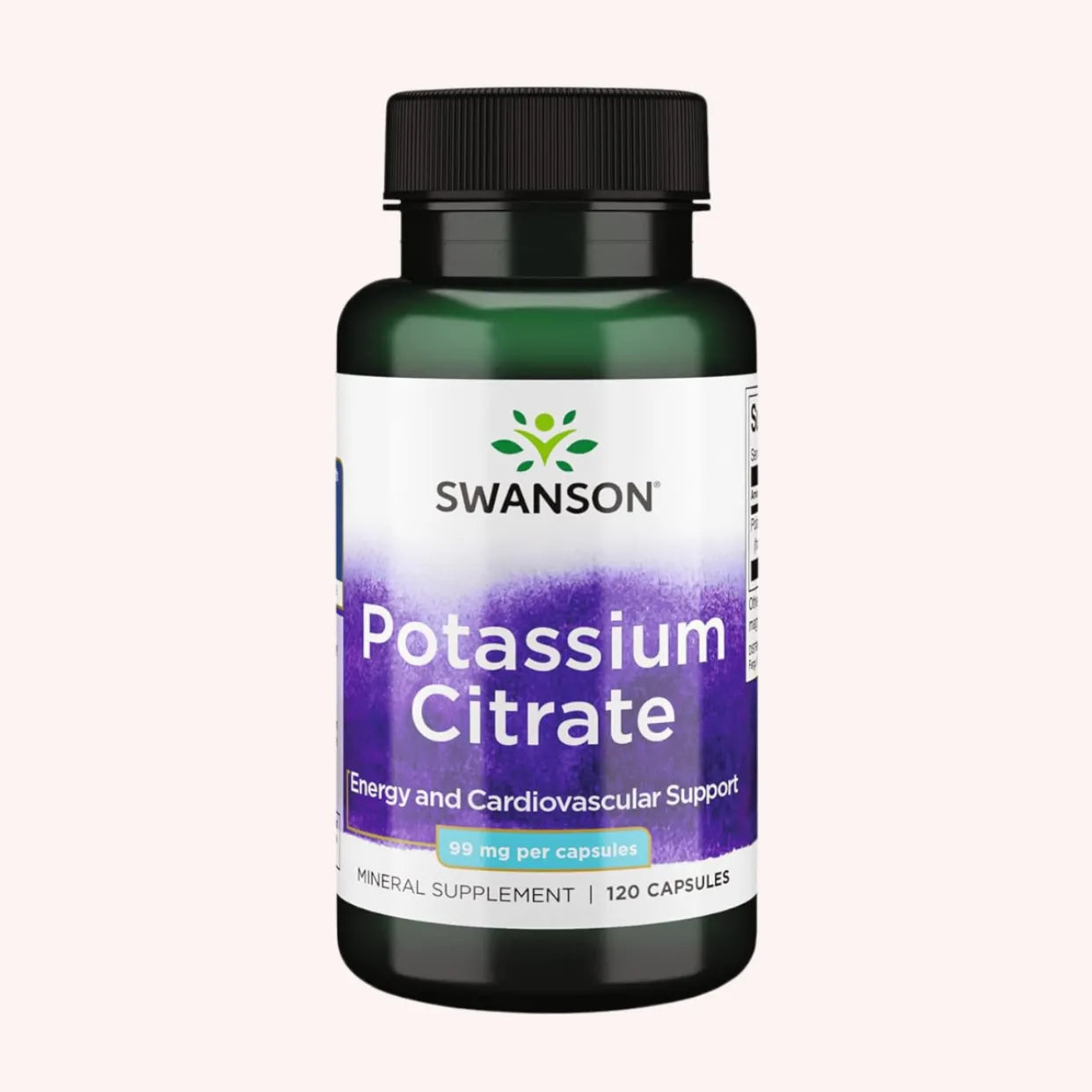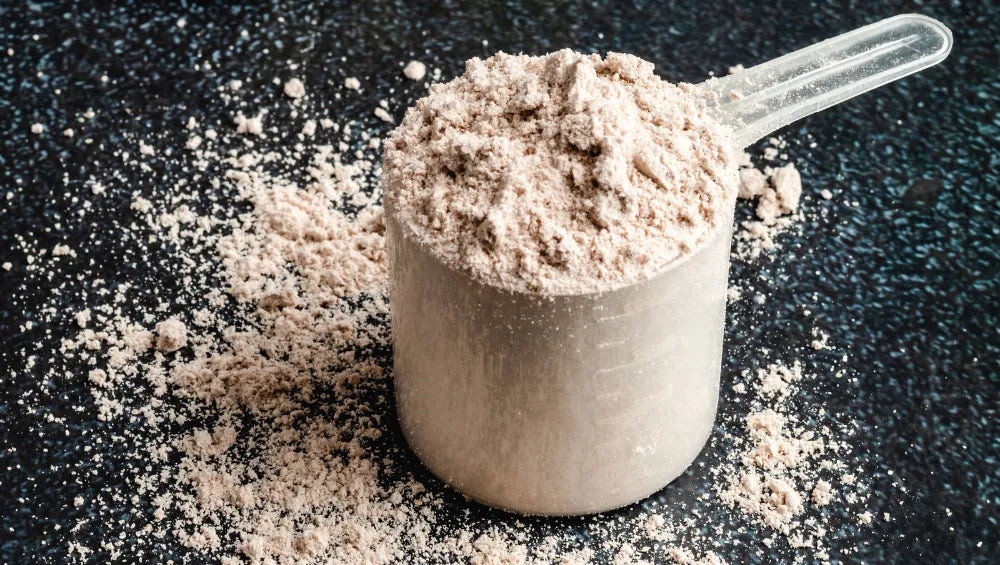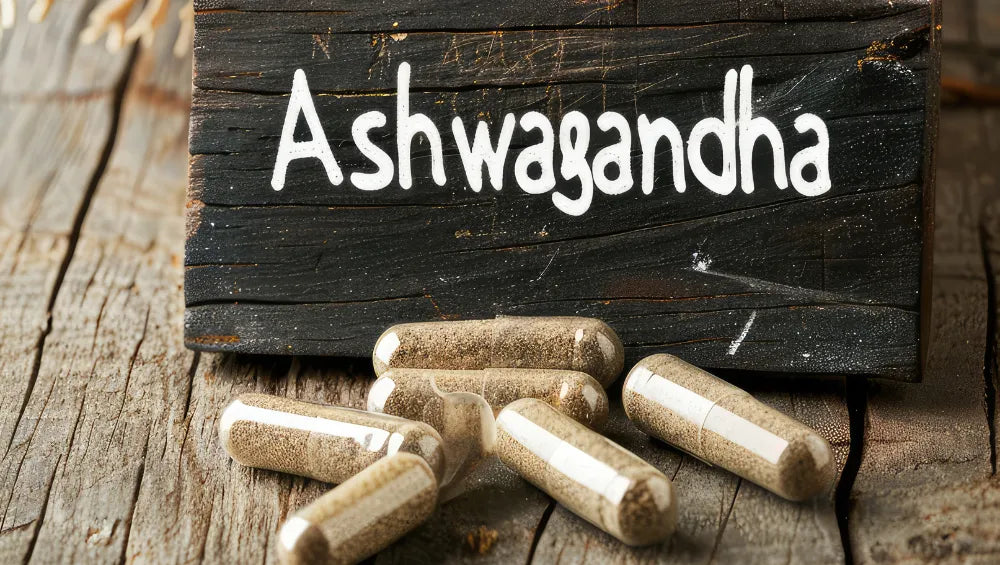Potassium is an essential mineral , essential for various bodily functions, especially for athletes and fitness enthusiasts. Whether you are an amateur or professional athlete, potassium is essential for nerve signal transmission, muscle contraction, and maintaining acid-base balance.
Optimized muscle function
Potassium is vital for your muscle health. It facilitates the transmission of nerve impulses, which is necessary for muscle contraction . Adequate potassium levels help prevent muscle cramps and improve your flexibility.
For athletes, this means optimal physical performance and muscle contraction.
Sources of potassium for muscles
Potassium-rich food sources are varied and help maintain optimal levels in the body.
Some of the foods richest in potassium include bananas, spinach, sweet potatoes, and avocados. These foods are not only rich in potassium, but also in various nutrients that are beneficial for your muscle health.
Improved cardiovascular health
Potassium plays a role in regulating heart rate and cardiovascular function . It helps keep blood vessels relaxed, which helps lower blood pressure .
In addition, it counteracts the effects of sodium, which is often high in our diet.
Foods that are good for the heart
To support your cardiovascular health , it is important to consume foods rich in potassium such as tomatoes, white beans, salmon and potatoes .
These foods, in addition to their high potassium content, offer additional heart health benefits thanks to their fiber, vitamins, and omega-3 fatty acids.
Improved bone density
Potassium helps maintain bone health by reducing calcium excretion in the urine. This prevents bone demineralization, which is essential for maintaining good bone density and is especially important for athletes undergoing intensive training.
Sources of potassium for bones
To strengthen bone density, include potassium-rich foods like Brussels sprouts, raisins, orange juice, and yogurt in your diet.
These foods also provide vitamins and minerals important for bone health, such as vitamin D and calcium.
Reduction of muscle fatigue
After intense physical exertion, muscles need to recover. Potassium aids in this recovery by supporting the regeneration of muscle and liver glycogen stores.
Adequate potassium intake after training therefore reduces muscle fatigue and improves recovery.
Foods to eat after training
To optimize your muscle recovery, consume foods such as banana smoothies, potato salads and grilled fish with vegetables.
These post-workout meals are not only rich in potassium, but also in protein.
Regulation of acid-base balance
Potassium plays a role in regulating the body's acid-base balance. By helping to maintain this balance, it ensures optimal functioning of muscle and nerve cells.
An imbalance can lead to severe fatigue and reduced athletic performance.
Alkaline foods high in potassium
To maintain a good acid-base balance, consume alkaline foods rich in potassium such as almonds, carrots, celery and kiwi.
These foods help neutralize acidity in the body, thus promoting an optimal internal environment for physical performance.
Improving sports performance
By optimizing muscle contraction and reducing fatigue, potassium can directly influence athletic performance.
It allows for better endurance and faster recovery, key elements for athletes looking to improve their results.
Potassium Supplements for Athletes
For athletes with specific potassium needs, a health supplement is an alternative to consider.
Supplements such as potassium citrate or potassium bicarbonate are commonly used to maintain adequate levels of this mineral and support your athletic performance.
How to choose the best foods rich in potassium?
When choosing foods to increase your potassium intake , look for foods that are also rich in other essential nutrients.
Fruits, vegetables, legumes, and some dairy products are excellent sources of potassium and offer a multitude of other health benefits.
Our advice for a diet rich in potassium
- Vary your sources: Incorporate a variety of fruits and vegetables into your diet to maximize your potassium intake.
- Eat fresh foods: Fresh foods generally contain more nutrients than processed foods.
- Hydrate properly: Proper hydration is essential to optimize the body's absorption and utilization of potassium.
Effects of potassium on cognitive performance
Potassium isn't just for physical benefits; it also has an impact on cognitive function. It plays a role in the transmission of nerve impulses, ensuring proper brain function.
Adequate potassium consumption thus helps improve concentration, memory and thinking skills.
Foods to boost cognitive performance
To benefit from the cognitive effects of potassium, incorporate foods like avocados, spinach, and sweet potatoes into your diet.
These foods not only provide potassium, but also antioxidants and vitamins that support brain health.
Potassium and hydration
Potassium helps maintain the body's fluid balance. As an electrolyte, it helps regulate fluid levels and maintain the balance of fluid between cells and their environment.
Proper hydration is essential for athletes to maintain optimal performance.
Effective hydration with potassium
For effective hydration, eat foods rich in potassium and drink electrolyte drinks after exercise.
Watermelons, cucumbers, and oranges are excellent choices for rehydrating the body while providing an extra dose of potassium.
Potassium is essential for active people, especially athletes. It optimizes muscle function , strengthens cardiovascular health , improves bone density and speeds recovery .
To reap all the benefits, adopt a varied and balanced diet, rich in natural sources of potassium.
Sources:
- Palmer BF, Clegg DJ. “Physiology and pathophysiology of potassium homeostasis.” Adv Physiol Educ. 2016 Dec;40(4):480-490. doi: 10.1152/advan.00121.2016. PMID: 27756725. Free article. Review. : https://pubmed.ncbi.nlm.nih.gov/27756725/
- McLean RM, Wang NX. "Potassium." Adv Food Nutr Res. 2021;96:89-121. doi: 10.1016/bs.afnr.2021.02.013. Epub 2021 May 24. PMID: 34112360. : https://pubmed.ncbi.nlm.nih.gov/34112360/
- Stone MS, Martyn L, Weaver CM. “Potassium Intake, Bioavailability, Hypertension, and Glucose Control.” Nutrients. 2016 Jul 22;8(7):444. doi:10.3390/nu8070444. PMID: 27455317. Free PMC article. Review. : https://pubmed.ncbi.nlm.nih.gov/27455317/
- McDonough AA, Youn JH. “Potassium Homeostasis: The Knowns, the Unknowns, and the Health Benefits.” Physiology (Bethesda). 2017 Mar;32(2):100-111. doi: 10.1152/physiol.00022.2016. PMID: 28202621. Free PMC article. Review. : https://pubmed.ncbi.nlm.nih.gov/28202621/
- Nasimi N, Sohrabi Z, Nunes EA, Sadeghi E, Jamshidi S, Gholami Z, Akbarzadeh M, Faghih S, Akhlaghi M, Phillips SM. (2023). Whey Protein Supplementation with or without Vitamin D on Sarcopenia-Related Measures: A Systematic Review and Meta-Analysis. Adv Nutr. 14(4):762-773. doi: 10.1016/j.advnut.2023.05.011. : https://pubmed.ncbi.nlm.nih.gov/37196876/
- Nieman DC, Zwetsloot KA, Simonson AJ, Hoyle AT, Wang X, Nelson HK, Lefranc-Millot C, Guérin-Deremaux L. (2020). Effects of Whey and Pea Protein Supplementation on Post-Eccentric Exercise Muscle Damage : A Randomized Trial. Nutrients. 12(8):2382. doi:10.3390/nu12082382. : https://pubmed.ncbi.nlm.nih.gov/32784847/




